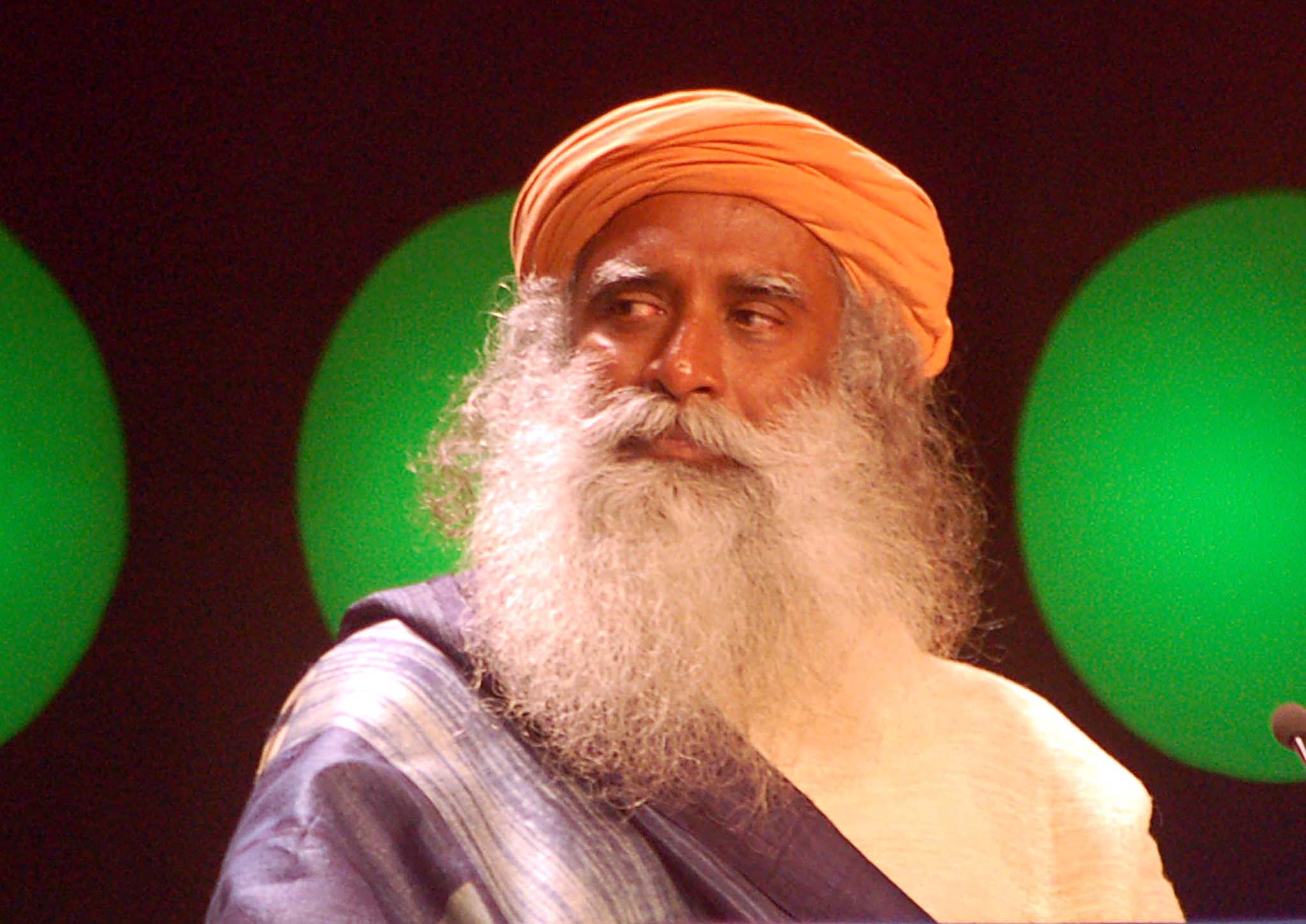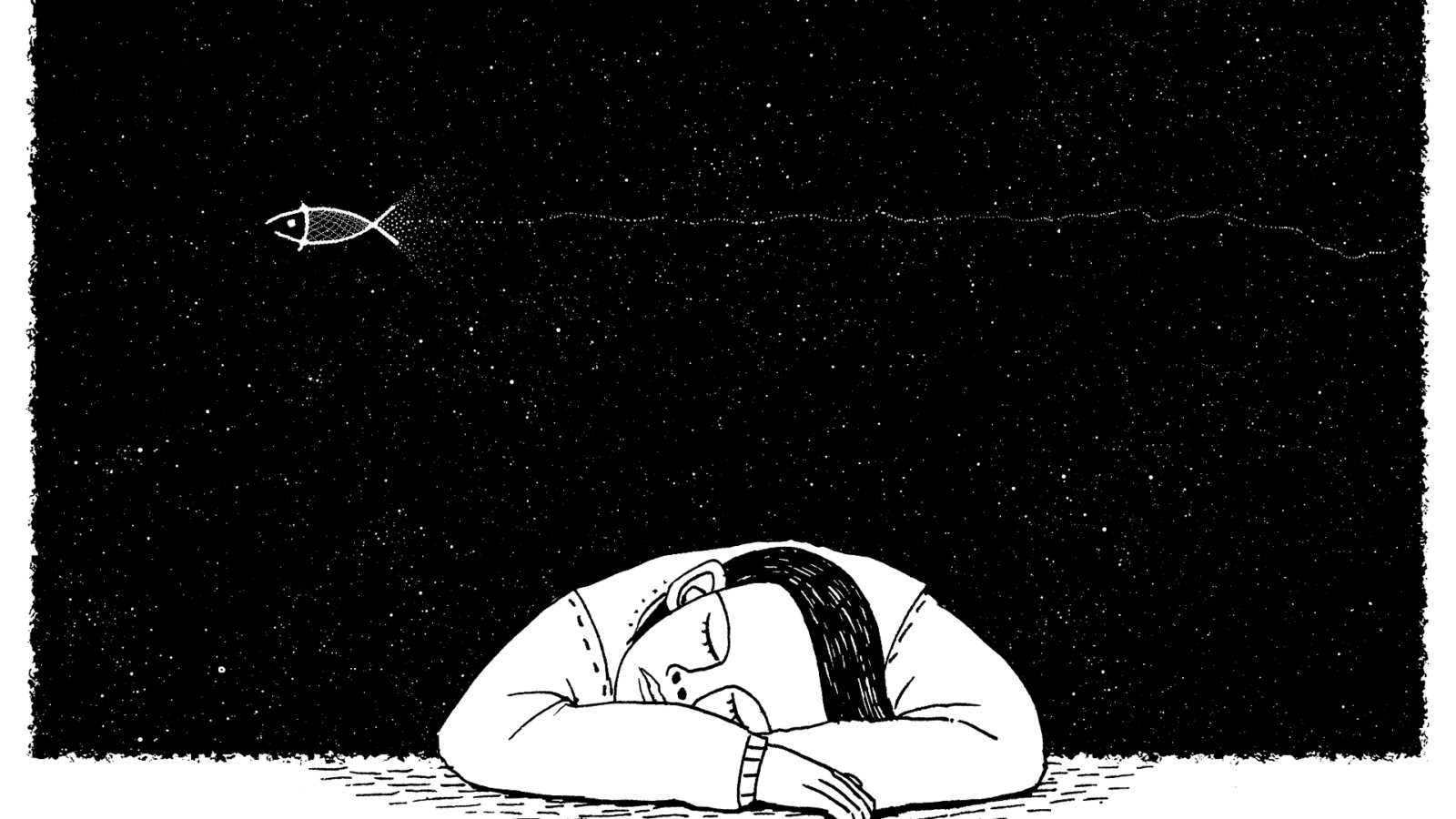Today, there is a lot of misunderstanding going around as to how much sleep a person needs. It is important to understand that the body does not need sleep, it needs restfulness and relaxation. The number of hours of sleep you need depends on the level of physical activity you are performing.
How much sleep do you need
If you keep the body very relaxed and loose through the day—if your work, your exercise, and your very life is a process of relaxation for you, your sleep quota will naturally come down.
There is no need to fix how many hours to sleep; you need not fix an alarm bell to tell you when to come awake. When you feel sufficiently relaxed, you must come awake. If the body and mind is kept in a certain level of alertness and awareness, you will see once it is well-rested, it is eager to come to life.
If you want to avoid life, you will naturally tend to sleep more. When you are trying to use the bed as a grave, the body will not want to come out—someone will have to raise you from the dead.
What you eat dictates your sleep requirement
Another aspect related to sleep is the food that you eat. Consuming a certain amount of vegetarian material, particularly in uncooked condition, is very important for your general well-being. When you cook food, a large volume of prana (life) is destroyed, and the nature of cooked food is lethargy. When you eat this food, you are eating something which is dead, and this causes a certain amount of death in the body, causing your sleep quota to increase.
When you eat food uncooked, in its live form, the life energies can be easily imbibed into your own system. If you consume a live cell, which has the life potential in the form of a seed, you will see that it brings a different sense of aliveness in your body, an alertness which cooked food cannot bring.
If you make your diet at least 50 per cent “live” by consuming more raw vegetables, fruits, nuts, or sprouted gram, there are many other benefits. One thing that will immediately happen is your sleep quota will go down dramatically.
Another aspect of consuming food is to ensure it is fresh and has not gathered tamas. In India, the tradition says that if you cook anything, you have to eat it within one and a half hours, or it will gather a certain lethargy. Eating this food will dull the system. These days, we are beginning to use refrigerators and re-heat the food, and this consumption of pre-cooked foods could be one of the reasons why the sleep quota is so high.
Also, it is best to consume the food at least two hours before you sleep. If you sleep immediately after eating, most of the food will go waste because your metabolic activity has to be high to digest food. That is why after eating, your pulse rate is much higher. For digestion you need a high level of metabolism, and for sleep you need a lower level of metabolism. If you eat and sleep, the body does not know what to do. It either does not let you sleep or does not digest what it has eaten.
Being alert to life
Essentially, your alertness depends on how keenly you manage your energies. If you want to meditate, your alertness must be not of the mind alone, but of your very energy. To assist this, generally, for people who are on the yogic path, it is said that you should eat only 24 mouthfuls, and you must chew every mouthful at least 24 times. Now your food will be pre-digested in your mouth before it goes in, and it will not cause dullness.
If you do this during your evening meal and then sleep in the night, you will easily wake up at 3:30 in the morning, and you can meditate. In the yogic systems, this time is called the Brahma Muhurtam. It is an ideal time to wake up, because at that time there is an extra support from nature itself for your sadhana (practice).
If you eat just 24 morsels in your morning meal, you will definitely not feel sleepy until dinnertime. After one-and-a-half to two hours, you will be hungry, and that is the best way to be. Just because the stomach is empty, you do not have to put food. Just drink water and you will stay alert and energetic throughout the day.
Your system will learn to use the food you have eaten well, rather than simply wasting it. Economically and ecologically it is good for the world at large, and good for your health—you may never fall sick if you eat like this.
Originally published in Speaking Tree
Want to share your story of how you thrive? Write to us at [email protected]


